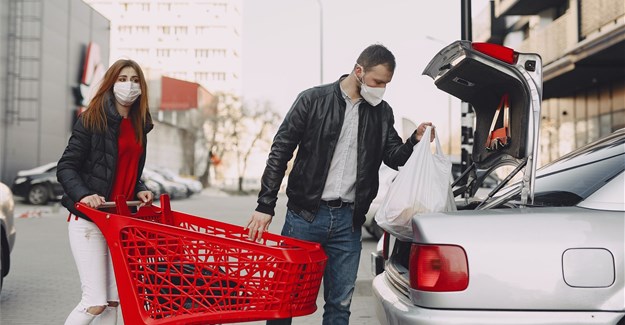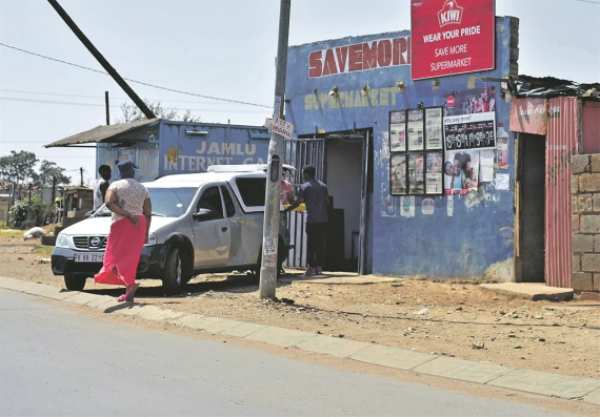Stimulating economic recovery post the Covid-19 pandemic will be behaviour as opposed to time driven. Governments and brands will need to work hard to make consumers feel safe, physically, psychologically and financially, with trust the currency to make this happen.
Covid-19 has changed everyone, everything, everywhere. Retail businesses have had to adjust how they operate. Up to now, the retail space has been about keeping people in the store safe - from employees, employees of other businesses and customers, and this has included ensuring there is stock on the shelves.
Consumers have chosen to shop closer to home, preferring smaller stores. Together this limited mobility and social distancing has created smaller community circles that people interact in.
Fear of the pandemic also drove dramatic shifts in shopping behaviour as consumers stockpiled and pantry stocked. The result was a growth of more than 25% in pantry stocking trips and a more than 32% growth in pantry stocking spend - a significant shift away from the trend we were seeing of shoppers purchasing in smaller basket sizes more frequently.
Digital enablement
Covid-19 has been a force multiplier for the accelerated adoption of omnichannel retail offerings. Different delivery methods have been implemented by stores and taken up by consumers. Checkers 60/60 app which delivers your groceries in an hour has grown from being trialled in a few stores last year to being offered by over 40 stores.
The longer the pandemic continues, the more likely we are to see an increased number of innovations that enable consumers to experience retail without being physically present.
New effective, and creative solutions will continue to be implemented as technology moves more interactions into the digital arena from e-commerce to click and collect, virtual advisors, sampling, and digital coupons, some of which are already in progress.
The new normal
The reality is that we do not know what is going to happen. We believe that the lockdowns will move from being national to more localised, but the relaxation of the lockdowns will be more regulated than anticipated. Therefore we do not see consumer spending surging immediately in the early relaxation phase. More importantly, any spikes we do see, will not balance out the loss of earnings due to Covid-19 in the long run. Aside from Covid-related factors impacting consumer spend, the economic impact will be felt by consumers for some time to come.
As countries move out of hard lockdowns into more relaxed lockdowns, we also do not foresee a smooth upward curve in economic activity, but rather a series of waves as governments attempt to balance infection rates and the economy. Until there is a vaccine or wide-scale herd immunity, drivers of economic performance will be at odds with public health.
Continued uncertainty also makes predicting consumer behaviour a challenge while consumers have new needs as they spend most of their time at home.
Consumers will continue to look for safety in public spaces, in particular the retail space, and as such we see the new normal characterised by continued social distancing, temperature checks, sustained investment and spend in online channels and pick up options and shorter shopping hours continuing for the foreseeable future.
Stores that maintain strict sanitation standards and communicate with empathy will be trusted and preferred by consumers who will reward these retail stores with their loyalty post-Covid-19.
Article Source: https://www.bizcommunity.com/Article/196/182/205150.html





